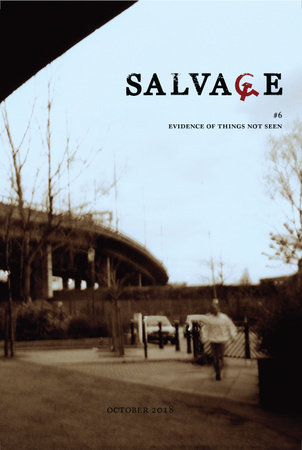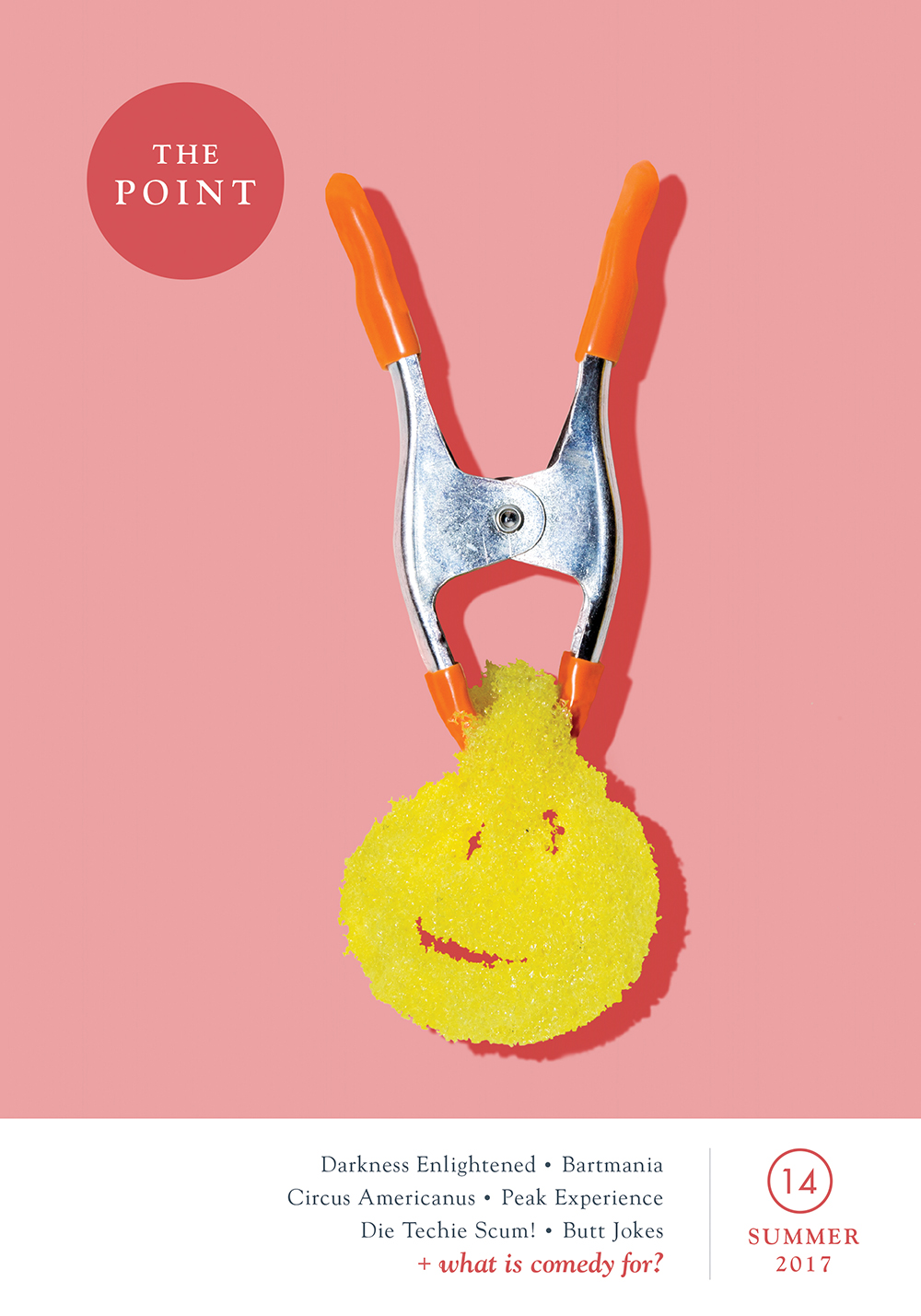Manichaeism
(en)
an ancient religious movement that has to do with duality? "an elaborate dualistic cosmology describing the struggle between a good, spiritual world of light, and an evil, material world of darkness"
Highlighted phrases
capitalism itself was described in a Manichean manner: on one side the positive pole, the proletariat, the liberating class; on the other side the positive pole, capital
Pirsig's work is, like so much of classic American literature, Manichaean.
formed of dualities
BUT JESUS WAS NOT the only Christ. Manichaeism teaches that the world is divisible into spiritual light and material darkness, making it fairly evident which to reject
because it works by implementing Manichaeistic strategy
Gordon calls this piece Between Darkness and Light (After William Blake), and it’s hard to imagine a more Manichaean bill. It’s a Hollywood vision of Catholic good and evil
we must defend a Manichaean, antagonistic form of Evil, a form of genius, a form of the reversibility of each
Pace Wallerstein, the final Manichaean battle between Davos and Porto Alegre is not about to happen in the foreseeable future
under capitalism, it is essentially driven and shaped by what Karl Polanyi has characterized as an almost Manichaean battle between a ‘movement’ towards liberalization and ‘counter-movements’ for social stabilization, or for collective political control over markets and the direction of social change
on politics
a Manichaeism of utility
fantasy's pathetically imbecilic manichean oppositions between Good and Evil, Us and (a foreign, contagious) Them are effective on the largest possible geopolitical stage.
it is a sort of Manichaean melee, cast under the eyes of a third Onlooker
since reality is never Manichean enough, fables have to do the requisite ideological heavy lifting
The Manichaean opposition between Good and Evil lay at their foundation: Evil would be wiped away, eradicated, and replaced by Good
it is through such a 'Manichean' violence, symmetrical to the enemy's violence, that the oppressed achieve the awareness of their own strength.
Salvage #6: Evidence of Things Not Seen
by
multiple authors
Salvage #6: Evidence of Things Not Seen
by
multiple authors
Salvage #6: Evidence of Things Not Seen
by
multiple authors
Marxist convergence with the negative theology of hell, as well as of Heaven, is not Manichean: it is apophatic precisely in that it abjures any secularised symmetry of Good and Evil, for social totality.
Sonora Review DFW Tribute
by
multiple authors
Sonora Review DFW Tribute
by
multiple authors
Sonora Review DFW Tribute
by
multiple authors
(I still stand by that judgment, though not with nearly the same Manichean fervor)
asserting that the ETA parts of IJ aren't as good as the Don Gately parts
This Manichean view fits nicely with our already existing assumptions
on TI's corruption report (rich countries do well, poor countries do badly)
his work comes marked by more than a touch of Manicheanism
various dualisms, like Gnosticism and Manichaeism--wherein God is opposed by and does battle with a separate, satanic source of evil, or is rivalled by a false god, a demiurge
From both it took over the almost-Manichaean sense of guilt at man’s depravity.
This is a very peculiar form of heresy. It's a form of Manichaeanism. And I call myself a Manichaean, a rather baffled Manichaean
The collaboration of Friedrich Engels (1820–85) with Marx over forty years rules out any Manichean distinctions (e.g. between Marx the ‘good dialectician’ and Engels the ‘bad materialist’)
Manichean satire and incredible outrage
When the enemy is separated from you by a barrier of fire, you have to judge him as a whole, as the incarnation of evil; all war is a form of Manicheism.
The usual Manichaean portrayal of the digital world is "new versus old". Crowdsourcing is "new," for instance, while salaries and pensions are "old." This book proposes pushing what is "new" all the way instead of part of the way.
except he doesn't ... not all the way ...
























